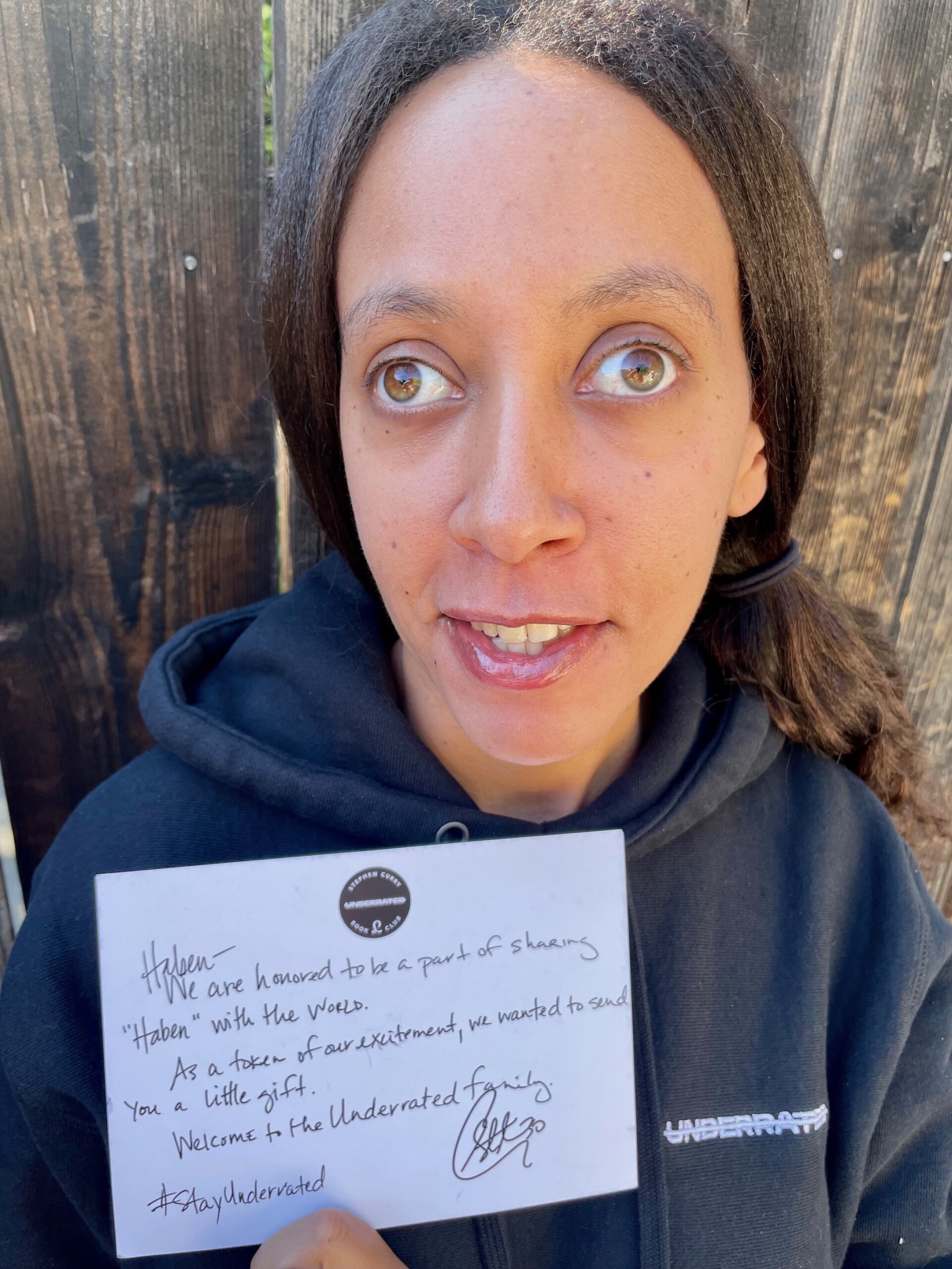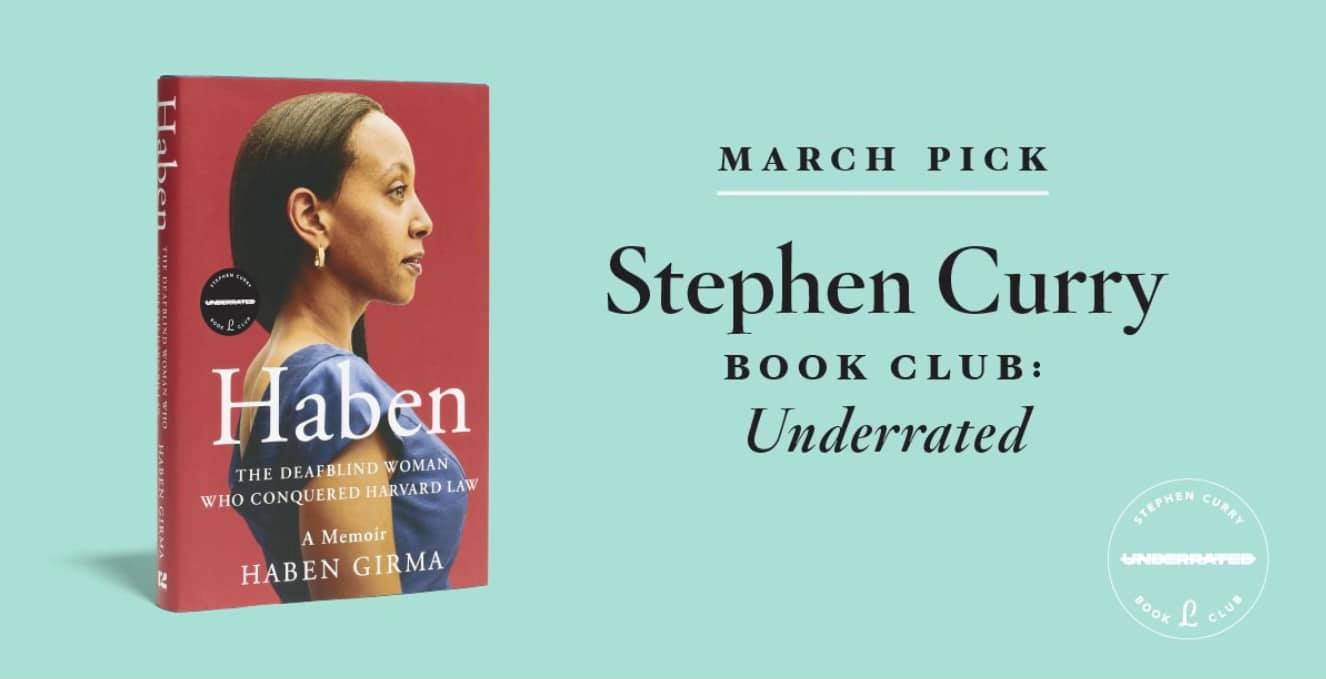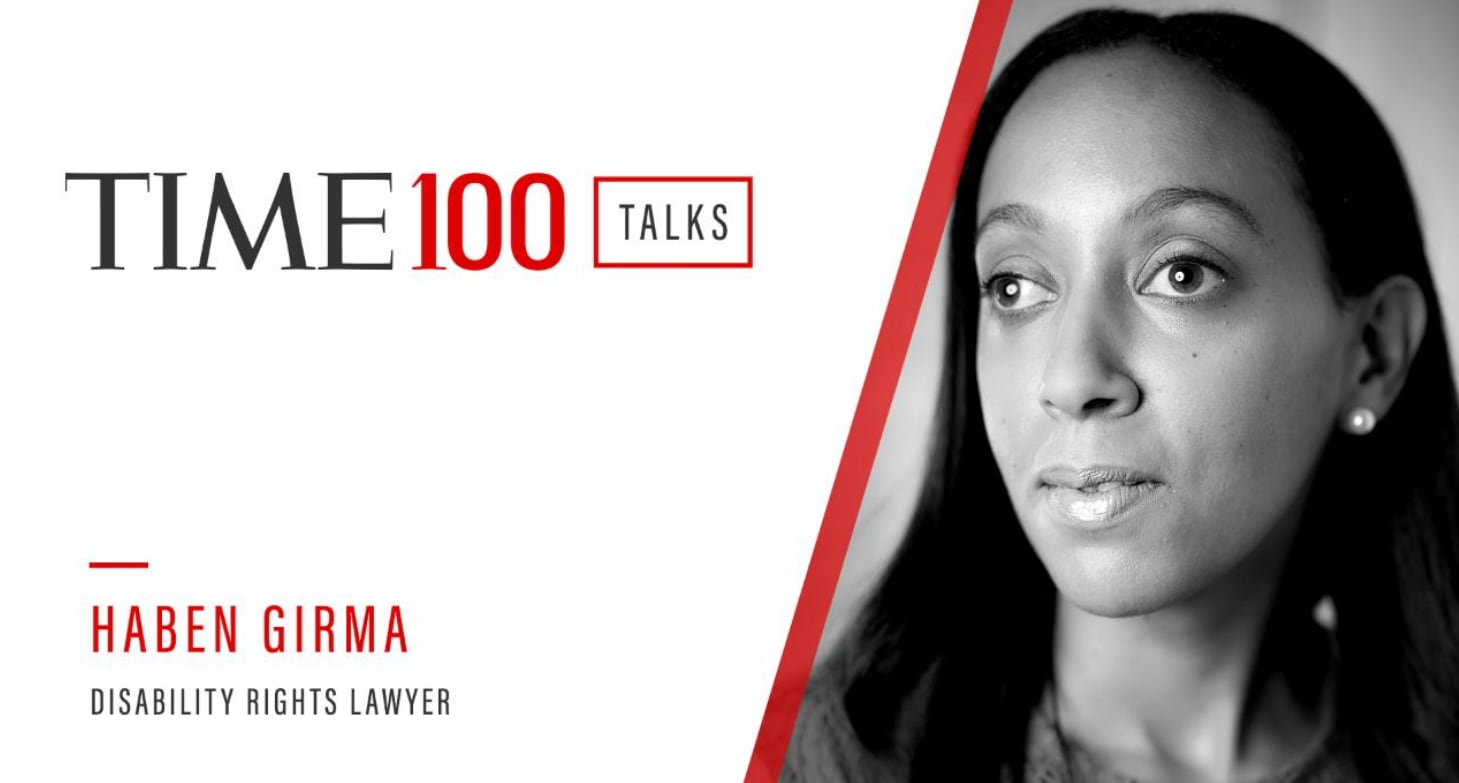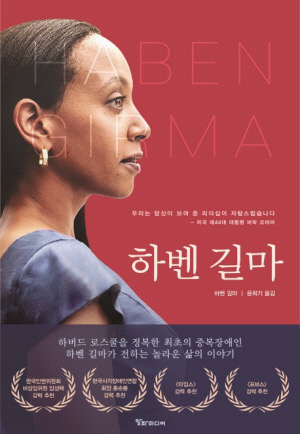After eleven years of tapping words into my fingertips and helping me have conversations with people around the world, my braille computer has died. They no longer make this machine, so this is truly farewell. RIP, BrailleNote Apex. I’m planning to send it to the Obama Foundation’s museum. As for me, I’m dealing with the awkward and frustrating process of learning to use a different braille device.
Transcript
My braille computer passed away. It was very sudden and unexpected. I’m going to hold it up. It’s a BrailleNote Apex, for those of you who, who are familiar with braille technology. So QWERTY keyboard at the top. Along the bottom would be braille dots that would come up, but there are no braille dots right now because it passed away.
This thing was with me for eleven years. The last year of college, all through Harvard law school, working at a law firm, speaking, traveling around the world, working on my book. It’s actually amazing it lasted this long. A lot of blind people have teased me for using such an old computer. Cause since 2010, so many new braille computers have come on the market. But all of them — almost all of them — don’t do what I need to do. What I need my braille computer to do is to work with an external keyboard. I use it for communication every day. So people type on a keyboard, a separate external keyboard, and their words pop up in braille on the braille display. I read it on this display and then I respond back by voice, maybe sign language, maybe computers, depending on how we’re conversing and interacting.
And most of the braille computers on the market do not do that. They don’t work with an external keyboard and that greatly limits my access, and all the other deafblind people who also need access. Let me add a quick visual description. So I’m filming in the backyard. You probably noticed all the bird sounds and maybe other outdoor sounds.
My guide dog, German shepherd Mylo is lying down on the patio. There’s a wisteria plant kind of behind and above me, and plants all along the perimeter. Some bamboo, some Jasmine. When my computer stopped working, I reached out to the company that makes it called Humanware and said, “It’s no longer working. Can you fix it?” And they said, unfortunately, they no longer support it. These devices are super important to me. In 2010 the Department of Vocational Rehabilitation of California purchased the device for me because I needed, I needed it for my education. They are expensive: it was somewhere around $5,000. And it was so critical to my access, to my education, that I said, “I need two.” I need a backup one in case the main one I’m using stops working. And throughout the 11 years I’ve had them that did happen. There was a time I was at a conference and a friend spilled her martini. It was a very expensive martini. And fortunately, she also had a braille computer. So for the rest of the conference, she let me borrow her braille computer so that I continued to have access during the conference.
And when I went back home, I was able to switch to my backup BrailleNote and send the other one back in for repairs. So they’ve mostly worked well for eleven years, and then all of a sudden stopped working. My main one and my backup one. I actually don’t know when the backup one stopped working, I only just recently checked it and it wasn’t working either. About two years ago, I was on the Today Show using one of Humanware’s old Apexes. So they reached out to me and said, by the way, we have a new device, it’s called a BrailleNote Touch, and we’d like you to give us feedback. So I got one of those. It was incredibly generous of them because these are very expensive.
So I’m holding up the BrailleNote Touch and it has a braille keyboard at the top. Along the bottom is, uh, the display. And my feedback was that it’s bigger, and heavier, and I preferred my Apex. So I hung on to it as a backup and continued to use my Apex. Weight and size matters when you are carrying the device everywhere all the time. That weight on my shoulder, this device plus the keyboard, that adds up over time and gets really exhausting.
So my ideal device is light and small and fits in my bag, and it’s easy to carry around. Because they no longer support the Apex, I now have to start using the BrailleNote Touch, and I’m, I’m just learning to use it. Now I’m going to have to get a bigger bag so that it can fit because it’s bigger and heavier.
It has a braille keyboard instead of a QWERTY keyboard. Some people actually argue that it’s faster to type in braille, on a braille keyboard rather than on a QWERTY keyboard. Sometimes. Yeah, because you have contractions and contractions allow you to type faster compared to QWERTY. There is one other device out on the market that I know of that will work with an external keyboard.
And those are the BrailleSense notetakers, braille computers from a company called HIMS. And unfortunately I’ve heard that those devices, the braille that comes out when you are using the external keyboard is only in grade one. That is a lot slower than grade two braille. I can read grade one, but it slows me down.
And when I’m having a conversation or accessing information, I’d like it to be as efficient as possible. I’d love to have a smaller, lighter braille computer that will work with an external keyboard. Maybe one day that’ll be an option, but until then, you’ll notice that I’ll be using the BrailleNote Touch with a braille keyboard instead of my BrailleNote Apex.
Last year, someone from the Obama Foundation asked if I would like to contribute my braille computer for their museum. It would be incredible to have one of my braille computers at the museum because I took it to the White House when I was meeting with President Obama and President Joe Biden back in 2015.
And I said, I’m really, really sorry, but Humanware doesn’t make the BrailleNote Apex anymore. And this is the best device for me right now. So I need to hang on to it. But if it stops working… That time has come. So maybe you’ll be able to see this device at their museum.



